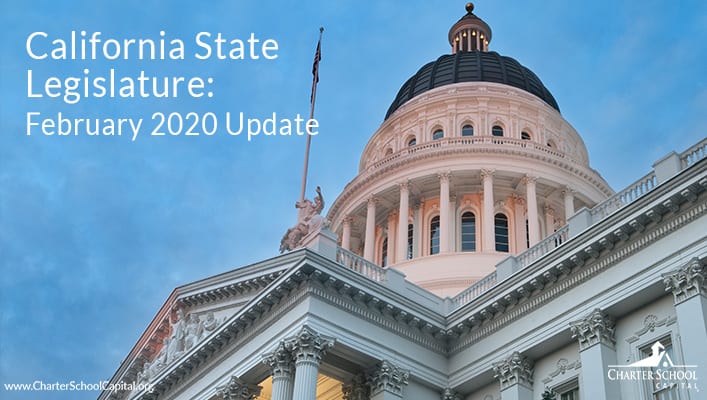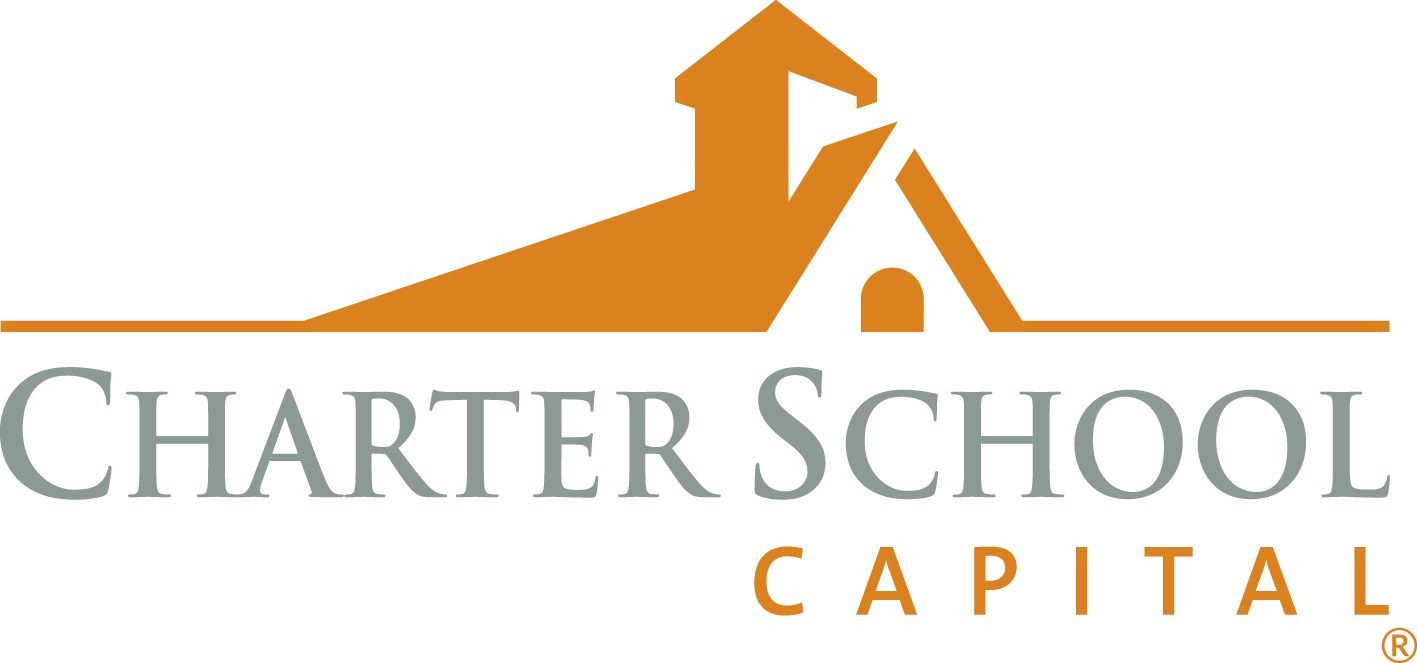 Tuesday’s California Election Results
Tuesday’s California Election Results
Tuesday’s California election results are still being decided in some races as ballots are still being counted. The results will not bring a significant change to the Legislature however, there were some very high profile races and a few interesting developments.
California State Senate Results
In the State Senate races there were virtually no surprises and the Democrats will still hold a supermajority after November’s general election.
The only notable races were in the 29th Senate District where the results set up a contest between Democrat Josh Newman, who was recalled after his vote for the gas tax in 2018, and current Republican Senator Ling Ling Chang. Chang only received 49.4% of the vote in the three-person primary while the two Democrat’s received 50.6% of the vote. This will make for a very competitive race in November.
In the 37th Senate District, Republican Senator John Moorlach received 50% of the vote while his two Democratic challengers received the other 50% of the vote. This sets up a second competitive race for the general election and puts another Republican seat in jeopardy.
California State Assembly Results
In the State Assembly races, there were several notable developments, but as with the Senate, the Democrats will retain a supermajority. In the 38th Assembly District, which was formerly represented by anti-charter school Democrat Christy Smith, two Republicans garnered the top two spots and will move on to the general election. This means the seat will represent a pick up for the Republicans in November. Smith is running for Congress and was not involved in the race.
In the 42nd Assembly District Independent Chad Mayes, who is a former Republican Assembly Leader, received 35.8% of the vote and he will face Republican Andrew Kotyuk who received 34.5% in the general election.
The 57th Assembly District saw a race that featured two political powerhouses as two of the candidates have relatives that serve in the Legislature. The second-place finisher was Lisa Calderon who is the mother-in-law of the current Assembly Majority Leader Ian Calderon. She received 19.7% of the vote. The top vote-getter was Republican Jessica Martinez with 29.5% of the vote; Calderon and Martinez will face off in November. Finishing third and missing the November primary election was Democrat Sylvia Rubio with 17.8% of the vote. Rubio has a sister that currently serves in the State Senate and a sister that currently serves in the State Assembly.
In the 59th Assembly District, the current incumbent Democrat Reggie Jones-Sawyer will face off against Democrat Efren Martinez in November. Martinez actually outpolled Jones-Sawyer 49.6% to 45.7%.
In the 72nd Assembly District incumbent Republican Tyler Diep was outpolled by former Republican State Senator Janet Nguyen 35.1% to 26.5%. The two will face off in the November general election.
In the 73rd Assembly District the current incumbent, Republican Bill Brough, failed to reach the November general election after coming in fourth place. The seat will stay in the Republican column but Brough’s time in the Legislature is coming to an end.
In the 74th Assembly District the Republican’s have an opportunity to pick up a seat as the incumbent, Democrat Cottie Petrie-Norris, failed to reach 50% of the vote. She garnered 49.5% of the vote while her two Republican opponents received over 50% of the vote.
 California State Legislature: February 2020 Update
California State Legislature: February 2020 Update
 With the year ending, it is time to focus on where the 2020 California Legislature may go on charter schools next year. This year, we saw the passage of AB 1505 and AB 1507 which changed the way that charter schools will be approved and renewed. The bills also put major restrictions on non-classroom based charter schools including a two-year moratorium on their authorization. Finally, AB 1507 placed new limits on where these charters can locate and where they can have resource centers.
With the year ending, it is time to focus on where the 2020 California Legislature may go on charter schools next year. This year, we saw the passage of AB 1505 and AB 1507 which changed the way that charter schools will be approved and renewed. The bills also put major restrictions on non-classroom based charter schools including a two-year moratorium on their authorization. Finally, AB 1507 placed new limits on where these charters can locate and where they can have resource centers.
